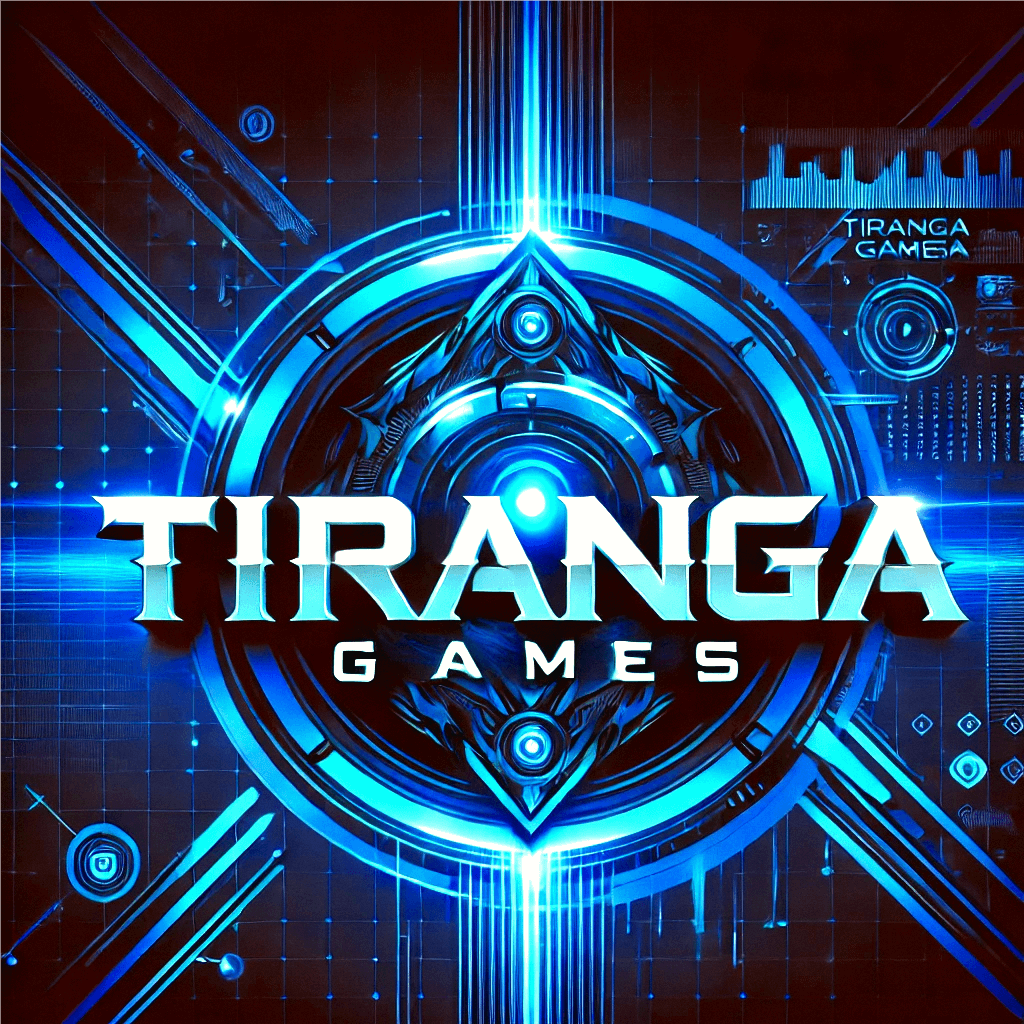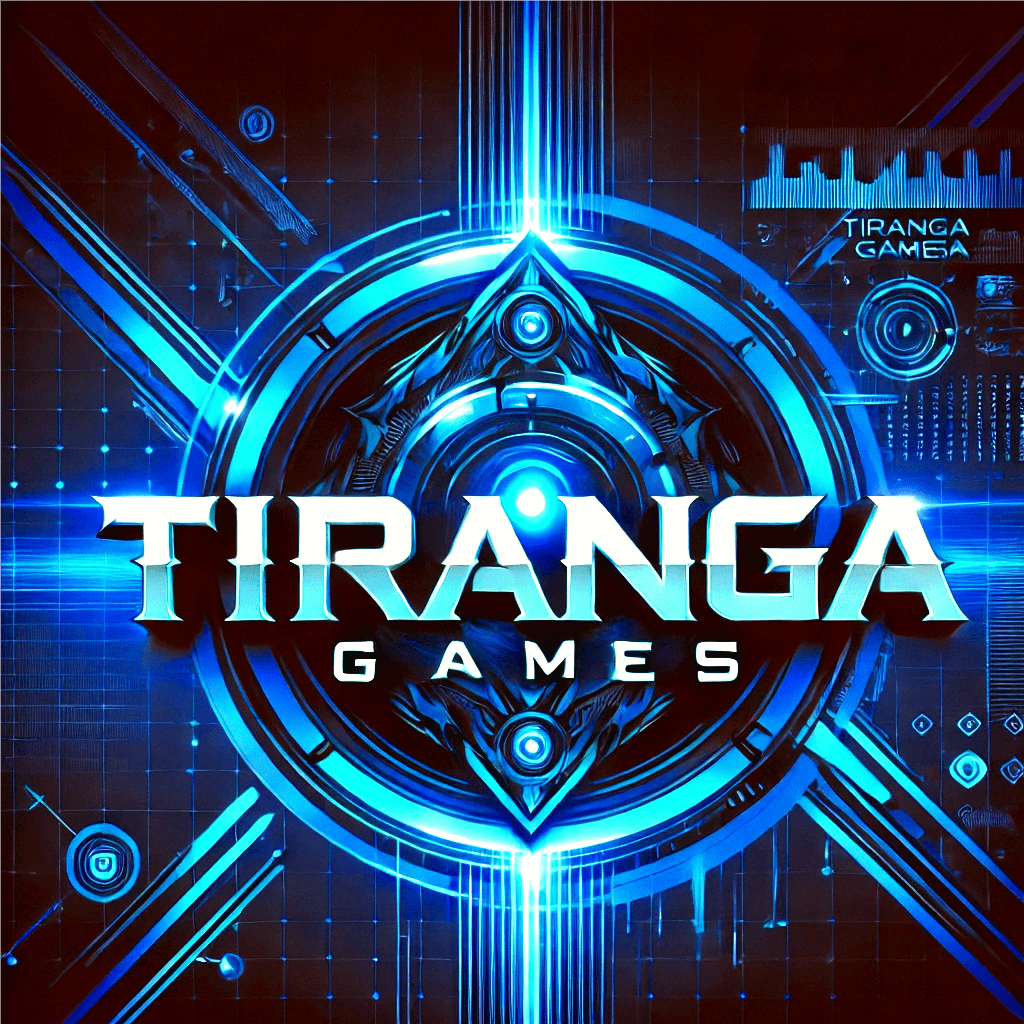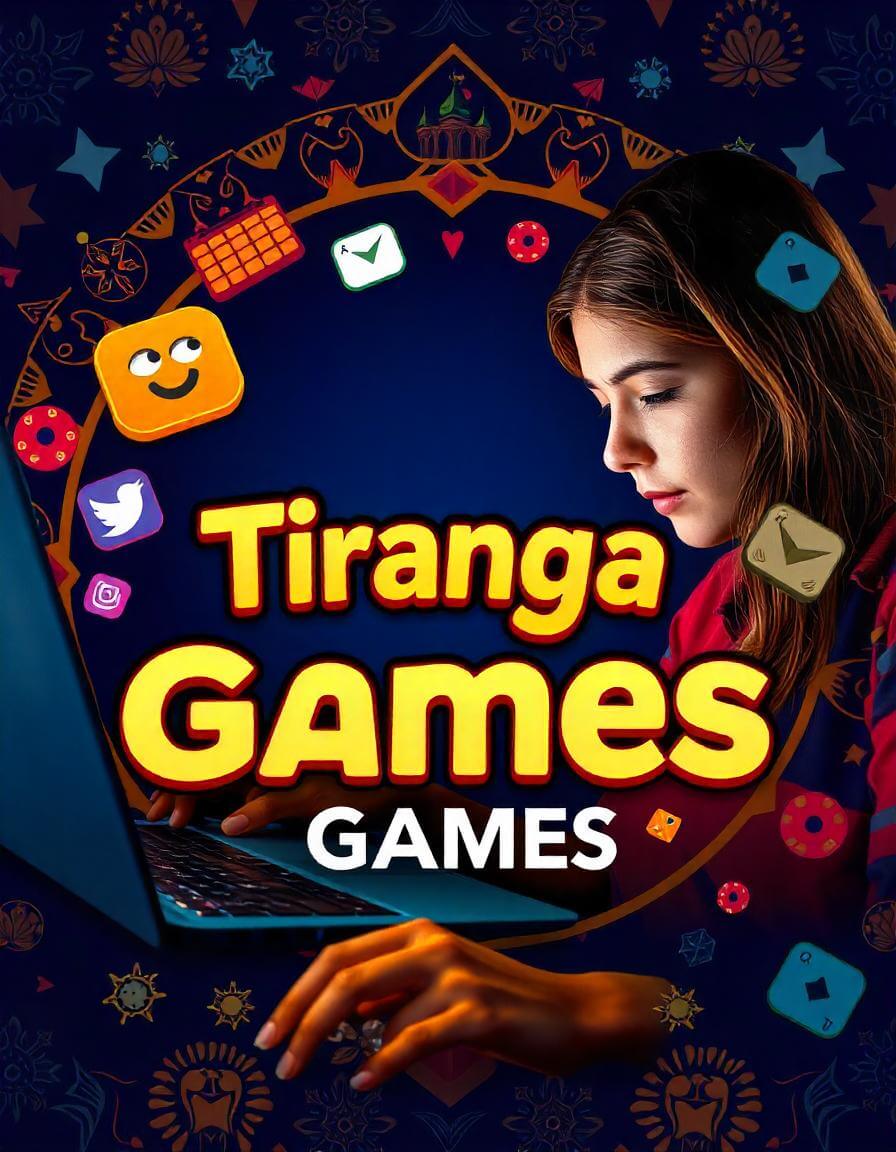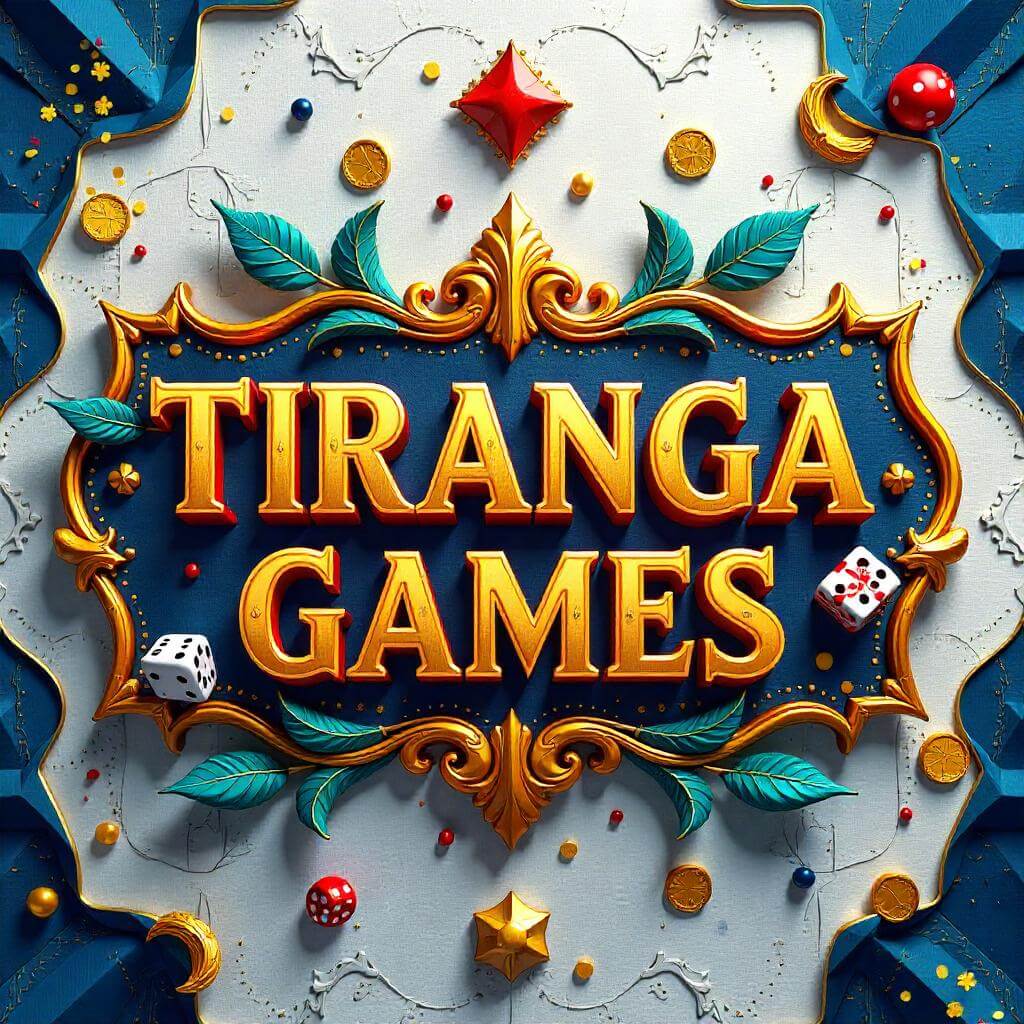Social Dynamics of Tiranga Games Online
- Community Engagement & Social Interaction
For example, the fantasy of community in a social network and chat forums is another important social media phenomenon, Friend Circles, which provides the most interactive form of social networking. Features provided by Tiranga Games allows the players to form friends in the forum section, as well as to send and receive invites for the game. The major selling point of all the players is that they share their basic strategies, tips for playing the game and experiences of winning or losing. Thus, these players create a social network, which in many cases replicates real friendships.
- Peer Influence and Group Behavior
The social structure of players is determined by the basic style of referral and commission marketing. Referral methods of Tiranga Games shift social behavior effectively. Members invite friends and family which creates a socially motivated chain. The advertising through referrals in this case is untraditional. Peer pressure can facilitate greater engagement than individuals would typically participate in when acting alone.
- SOCIAL NORMS AND GAMBLING CULTURE
There are some communities where Platforms such as Tiranga Games helps to propagate gambling-like activities. These activities may be considered a problem if social norms are lacking or are seen as an enjoyable pastime if self-control is inadequate. In cultures that view gaming as a viable means of sustenance, the chances of addiction becoming a cause of concern is high.
Tiranga Games Online Psychological Features
- Instant Gratification & The Dopamine Effect
Tiranga Games is constructed in a way where swift results and rewards directly engage the player’s brain’s reward system. Every time a player wins a game, they receive dopamine– a neurotransmitter that plays a pivotal role in pleasure and motivation. This form of instant gratification is dangerous, and when uncured, is a form of addiction in which one continuously seeks to win for the excitement that is received after winning.
- Having a High Tolerance for Risk & Decision-Making
Players making use of the Tiranga Games platform tend to engage in various games that carry some level of risk, so players are required to make decisions promptly using the little information given to them. More often than not, it has been noticed that the restrain people have on risk taking is loosening whenever they continue playing the games. The risks, or chances, that are taken do not need to be linked only to gaming, as it includes the person’s financial and personal life.
Cognitive Biases And Control Illusions
More often than not, players bite the bait of situations like the “gambler’s fallacy” where they assume that their past results have a bearing on their future results even in the case of chance games. In addiction to this, players tend to overestimate their ability to predict or control the game and consequently fall victim to the overshadowing control bias. These biases continue to play the game whether the player wins or loses, but in many cases, it results in a loss financially.
How Tiranga Games Impact Mental Health Stress And Anxiety
When stakes are higher, losing money in the game can indeed be difficult. However, gaming becomes a source of stress when big money is involved. To make matters worse, the worry cycle gets worst when there is a compulsion to bridge the gap of losses.
Compulsive And Addictive Gaming
Certain players may succumb to gaming in the same way as gambling, which is bound to happen when they resort to gaming for dealing with stress. Over time, this can have devastating effects on relationships, professional responsibility, and finances.
Emotional Regulation And Self Esteem
Like any game, winning Tiranga Games gives players a sense of heightened self-esteem, while losing leaves one in self-doubt and frustration. For players who gauge their worth based on the game’s performance, emotional instability can come as consequence along with increased gaming, rather than relying on it.
Ethical and Responsible Gaming Concerns
- Supporting Responsible Game Use
Platform owners as well as game developers have a social obligation to promote responsible gaming practices. Self-exclusion measures alongside awareness campaigns about gaming-related risks will go a long way in dealing with the adverse effects of gaming.
- Parents and Community Leaders
Help from family and community leaders becomes critical for young or potentially compulsive players. Educating players on the hidden psychological manipulation techniques used in some online games will help them make smarter choices about their interaction with such games.
- Enforcement of Regulations and Equity
Consumer protection and fair play on the internet is the responsibility of distinct regulatory bodies. Set measures on advertising, age limitations and financial risk exposure should be well defined and safeguarded against abuse.

Conclusion
Tiranga Games Online is much more than just a playing platform but is an interactive system that has social and psychological effects on players. While it harbors multi-level entertainment and social idealism, it also carries the perils of addiction, financial burden, and loss of rationality. Being conscious of these social and psychological elements assists players in practicing responsible ways of engaging in games while enabling regulators and game makers towards creating better environments within games.
To have a balanced experience, gamers should set their own gaming limits, interact with the community in a positive manner, and understand the psychological impacts that online gaming can have on their decision-making and emotions.







